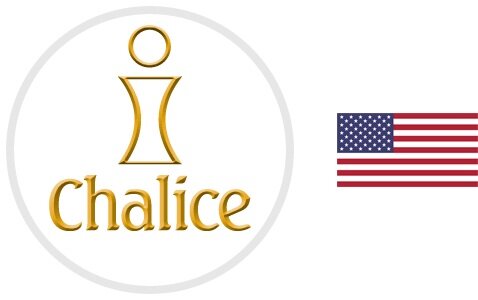Knowledge is Power -- Chalice sites use community education campaigns to protect the most vulnerable from human traffickers.
July 30 marks the World Day against Trafficking in Humans. The International Labor Organization estimates that 21 million people around the world are victims of forced labor and sexual exploitation – human trafficking affects men, women, and children in every country, including the United States.
All of our regions around the world are actively working to protect their communities from traffickers. Here are a few examples from Africa, Latin America, and Haiti:
Chalice sites in Africa raise awareness about human trafficking in the communities where we work well aware that the best way to prevent this crime is through education, employment and increased access to healthcare. Every year our Mbiami and Kumbo sites of Cameroon provide training sessions to caregivers and community leaders to prevent children from being sold into slavery or being kidnapped. The sessions cover topics like situations to avoid, language and tactics used by traffickers and how to handle potential threats. By raising awareness among children and local communities about the rights of children the community can support one another and hopefully keep everyone safe.
Another large component used in all regions is family circle groups who provide a safety net of support. Groups in East Africa partner with other stakeholder groups and organizations to combat trafficking, site staff visit primary and secondary schools, meet with the council of elders, women, and youths in villages and also take awareness to churches. School records are also checked regularly to ensure children have not disappeared in volatile areas of Ghana, Cameroon, and the Kenyan Coast.
Sites in Bolivia and Peru are also actively working to protect their communities. Our Levántate Mujer Sponsor Site in Bolivia partners with another local group to help youth who have been victims of human trafficking, sexual violence, and exploitation with support from psychologists, social workers, doctors, nutritionists, and teachers. Older youth also have access to skills training to open future opportunities for them.
Also in Bolivia, Yapacani is an area identified as a high-risk zone in terms of human and drug trafficking targeting young children and adolescents. This site implemented different workshops last year for family circle groups to learn about child protection with the aim to avoid falling into the networks of human trafficking. This resulted in the creation of a new program which identifies at-risk families to receive therapy so they can be the main source of protection and support within the communities.
In Peru, the Pinife team in collaboration with the Ministry of Women through the Emergency Centre for Women runs a program against sexual and family violence. Family circle group leaders are trained in order to contribute lessen family and women violence within their communities. In a similar manner, our Chiclayo Sponsor Site volunteers with the commission against human trafficking with different organizations and is currently working on different projects as well as supporting vulnerable migrant families by providing safe housing, feeding programs and helping them find jobs.
In June our Haiti South Sponsor Site staff participated in training on child protection which included methods of preventing child trafficking through community education initiatives which recognize that children who are in school and being cared for are less vulnerable to the tricks of human traffickers. Learning strategies to identify those most at-risk to trafficking and ways to help support those struggling is the best way to protect communities.
Human trafficking is a huge problem. Through education and community support, our sites are working hard to protect the most vulnerable in their communities.

